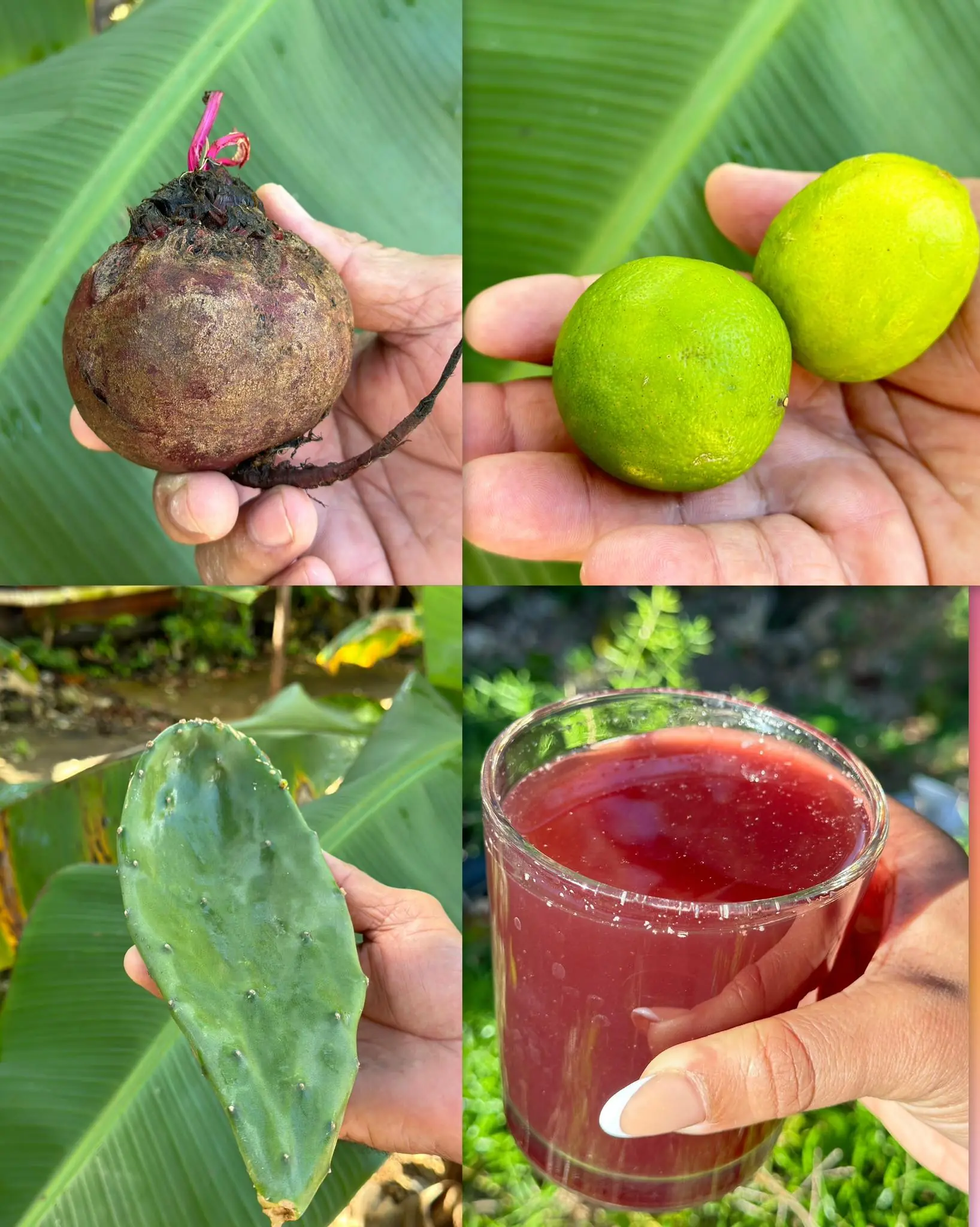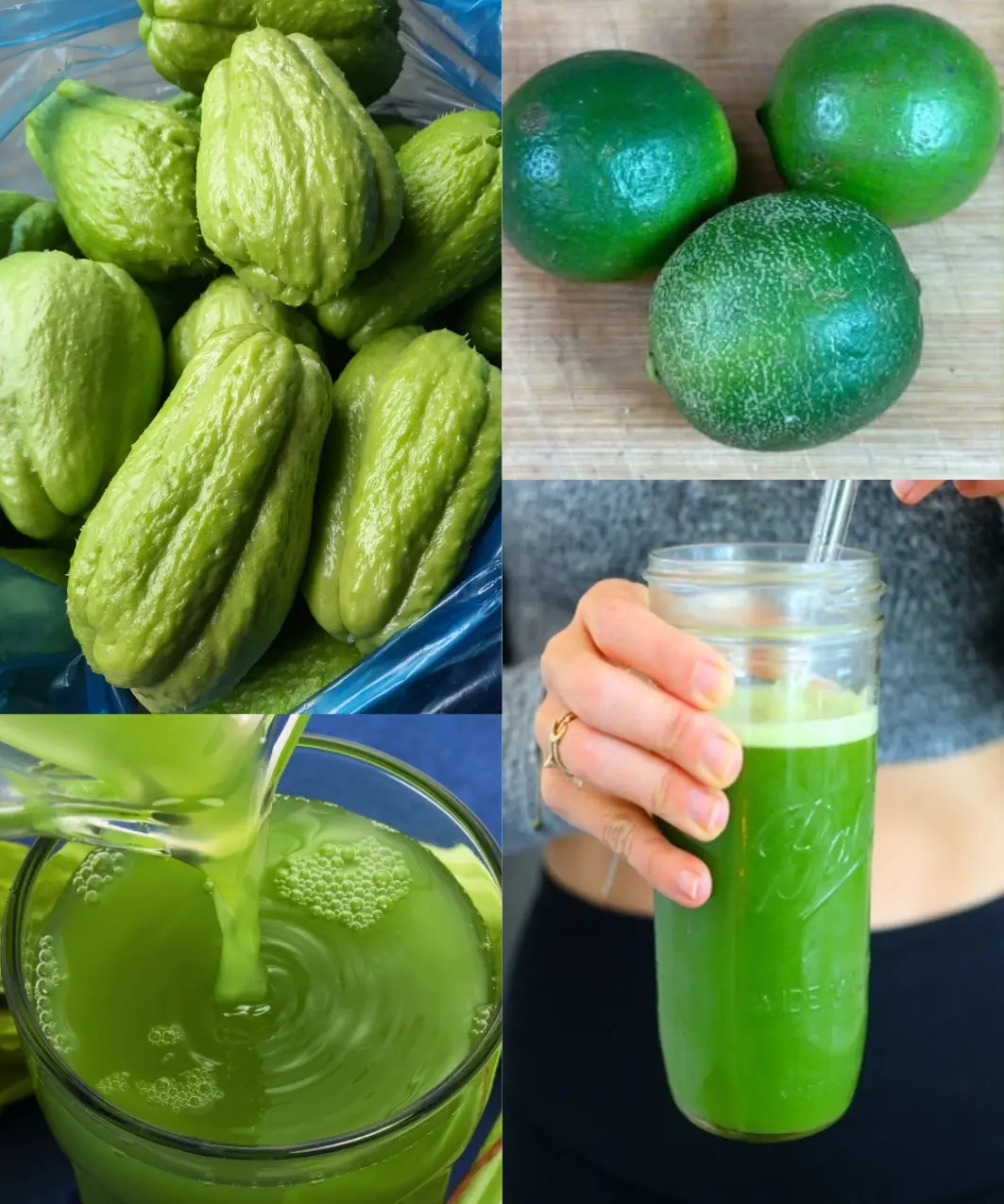
5 Essential Leaves to Naturally Improve Your Eye Health
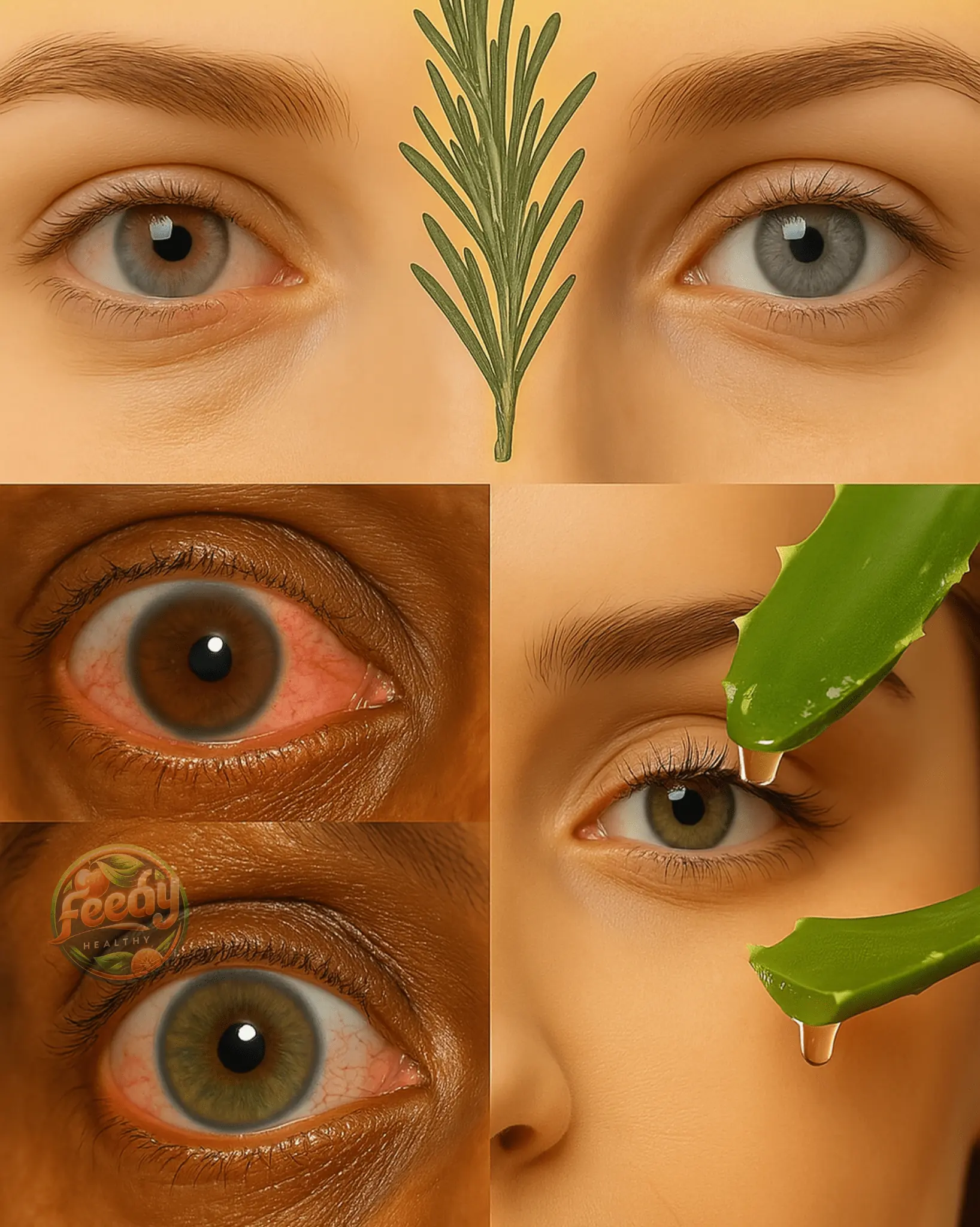
Your eyes are constantly working—whether you're scrolling through screens, working in bright light, or driving at night. Supporting their health with nutrient-rich foods is one of the simplest ways to protect your vision over time. In particular, leafy greens are packed with antioxidants and vitamins that are beneficial for your eyes.
Let’s explore five powerhouse leaves you can add to your meals to nourish and protect your eyesight—naturally.
🌿 Why Leafy Greens Are Great for Your Eyes
Leafy greens are rich in essential nutrients like vitamin A, lutein, zeaxanthin, and vitamin C—all of which are known to help reduce the risk of age-related eye issues such as macular degeneration and cataracts. According to eye health organizations, these nutrients also help protect your eyes from damage caused by blue light, oxidative stress, and inflammation.
🥬 1. Spinach: A Classic Eye-Health Hero
Spinach is a go-to when it comes to eye-friendly nutrition. It’s loaded with lutein, zeaxanthin, and beta-carotene (which the body converts to vitamin A). These nutrients help filter harmful light, support night vision, and reduce inflammation.
How to enjoy spinach:
-
Add to smoothies for a mild, green boost
-
Toss into fresh salads
-
Sauté lightly with garlic or olive oil
-
Pair with healthy fats to boost nutrient absorption
🥗 2. Kale: The Vision-Boosting Supergreen
Kale is often called a superfood for good reason. It’s rich in vitamin C, lutein, and zeaxanthin, which help protect the eyes from oxidative damage and maintain healthy blood vessels in the eyes.
How to use kale:
-
Bake into crispy kale chips
-
Blend into green smoothies with pineapple or mango
-
Add to stir-fries, soups, or grain bowls
-
Massage with lemon juice for salads to soften texture
🥣 3. Collard Greens: A Southern Staple with Vision Benefits
Collard greens are full of vitamin A, vitamin E, and eye-protecting antioxidants. These help prevent dry eyes and reduce damage from free radicals.
Ways to enjoy collards:
-
Simmer in broth with garlic and onions
-
Use as wraps for a low-carb option
-
Add to hearty soups and stews
-
Steam lightly to preserve nutrients
🍃 4. Moringa Leaves: The Underrated Nutrient Bomb
Known as the “miracle tree” in many cultures, moringa is packed with vitamins A, C, and E, and anti-inflammatory antioxidants like quercetin. These nutrients may help reduce eye inflammation and protect delicate tissues.
How to use moringa:
-
Steep into herbal tea
-
Sprinkle moringa powder into smoothies or soups
-
Sauté fresh leaves with mild spices
Tip: Start with small portions as the flavor can be strong.
🌱 5. Parsley: More Than Just a Garnish
Parsley is often overlooked, but it’s rich in lutein, zeaxanthin, and vitamin C—making it a helpful herb for supporting eye health and reducing light-related damage.
How to eat parsley:
-
Mix into salads or tabbouleh
-
Blend into homemade pesto
-
Use as a bright garnish for soups and savory dishes
👀 Simple Tips to Add These Leaves to Your Diet
-
Start small: Add a handful to your usual dishes—omelets, rice bowls, soups
-
Mix and match: Combine different greens for variety and balanced nutrients
-
Prep ahead: Wash and store greens in containers for easy access
-
Cook smart: Light cooking or pairing with healthy fats helps preserve and absorb nutrients
-
Go fresh or frozen: Both are great choices—just avoid overcooking
⚠️ Safety Notes
These greens are safe for most people, but keep in mind:
-
Rinse thoroughly to remove dirt or pesticides
-
Watch for sensitivities: Some may react to parsley or moringa
-
Ask your doctor if you’re on medication like blood thinners, since vitamin K in greens may interact
-
Moderation matters: Too much of any one food can upset digestion
👓 More Than Just Diet: Other Eye-Friendly Habits
Supporting your eyes goes beyond nutrition. Here are a few science-backed habits:
-
Wear sunglasses with UV protection outdoors
-
Rest your eyes using the 20-20-20 rule: every 20 minutes, look 20 feet away for 20 seconds
-
Stay hydrated to avoid dry eyes
-
Schedule regular eye exams to detect issues early
🥗 In Summary
Spinach, kale, collards, moringa, and parsley aren’t just nutritious—they may also help protect your eyesight naturally. Including a variety of these greens in your meals is a simple and delicious way to care for your eyes every day.
👩⚕️ This article is for educational purposes and should not replace medical advice. Always consult a healthcare provider before making major changes to your diet or lifestyle.
News in the same category


Why Is Liver Cancer Often Detected Late? Note: If You Notice 2 Odors, 2 Itches, and 2 Red Areas, Get Screened Early

Two Itchy Areas on the Body Could Be a Sign of Liver Cancer—Often Mistaken for Allergies
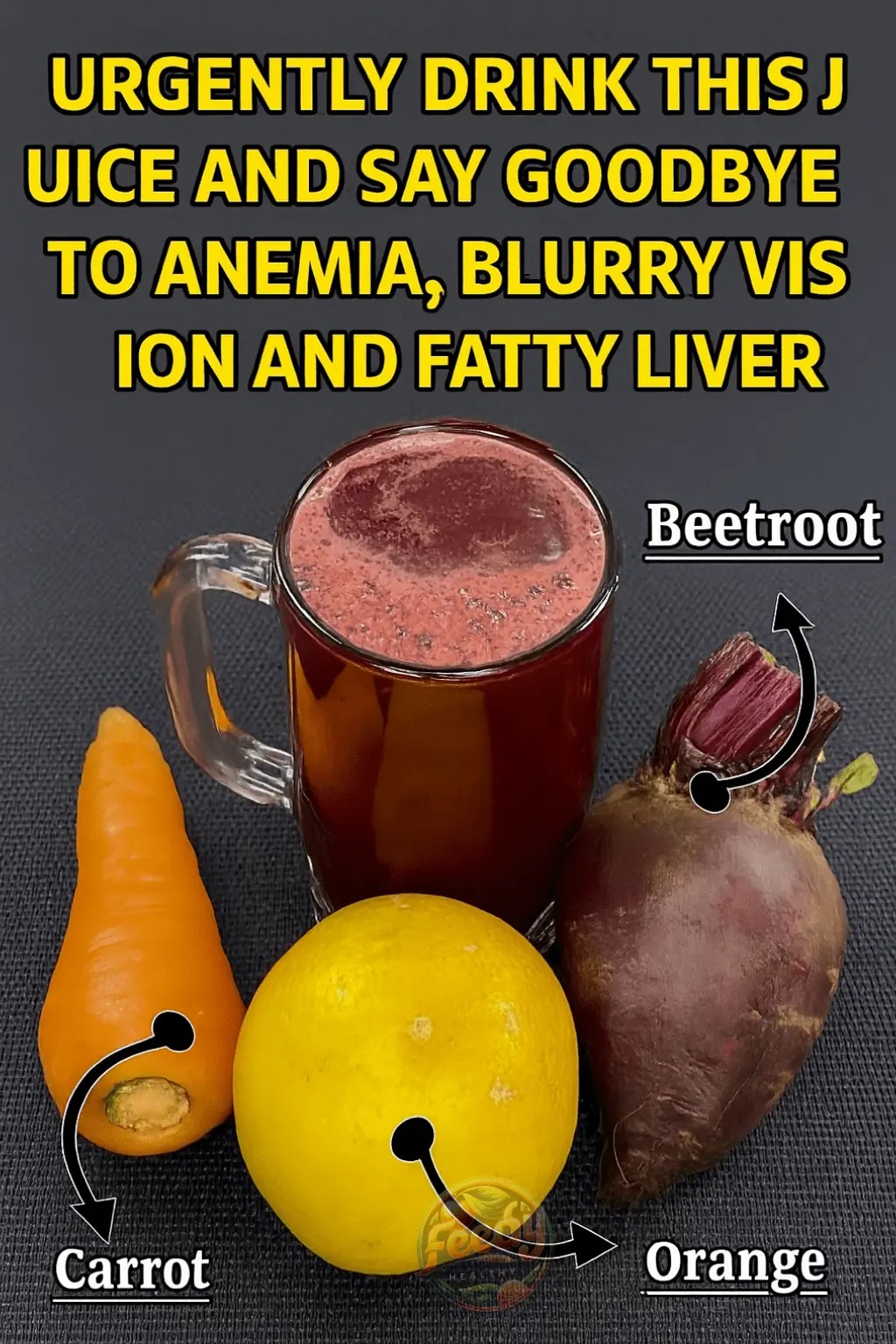
Say Goodbye to Anemia, Blurry Vision, and Fatty Liver with This Natural Drink

The 4 Golden Hours to Drink Coffee for Maximum Health Benefits: Detox Your Liver and Boost Digestion

8 Foods That Are Natural Enemies of Tumors – Make Them Part of Your Regular Diet

Fig Sap: Nature’s Quiet Remedy for Skin, Digestion & Everyday Wellness

A 14-Year-Old Girl Diagnosed with Bowel Cancer Due to Her Mother's Busy Schedule: A Wake-Up Call About 5 Foods Children Should Never Eat for Breakfast

5 Mouth Symptoms That Could Signal Cancer – Don’t Ignore the Pain

Stage 4 cancer patient warns overlooked minor signs can mask a fatal disease

6 Types of Pain That May Signal Early-Stage Cancer: Don’t Ignore These Symptoms Before It Spreads

Fatty Liver Reversed Completely by Doing This Simple Daily Habit, Says Doctor: “It’s Free and Easy”

9 Symptoms of Kidney Disease and Kidney Failure Everyone Should Know

Doctor Warns: Common "Money-Saving" Habits May Lead to Cancer – A Family of Three Diagnosed

Honeybee Venom: A Natural Breakthrough in the Battle Against Breast Cancer

5 Concerning Symptoms During Sleep That May Signal an Impending Stroke

Do You Eat Cucumber? Few Know It Helps With THIS – Incredible Benefits of Eating Cucumber for Varicose Veins

DIY Flaxseed Gel Ice cubes for Clear Skin & Large Pores

Early Warning Signs That May Indicate Advanced Nasopharyngeal Cancer
News Post

Discover the Power of Garlic Against Infections

Discover the Hidden Value of Lemon Seeds 🍋✨

If You Start Preparing Nopal with Beetroot, You’ll Thank Me Forever

Discover the Magic of Cabbage Leaves for Joint Comfort

The Avocado Seed: What It’s Good For and Its Potential Health Benefits 🥑
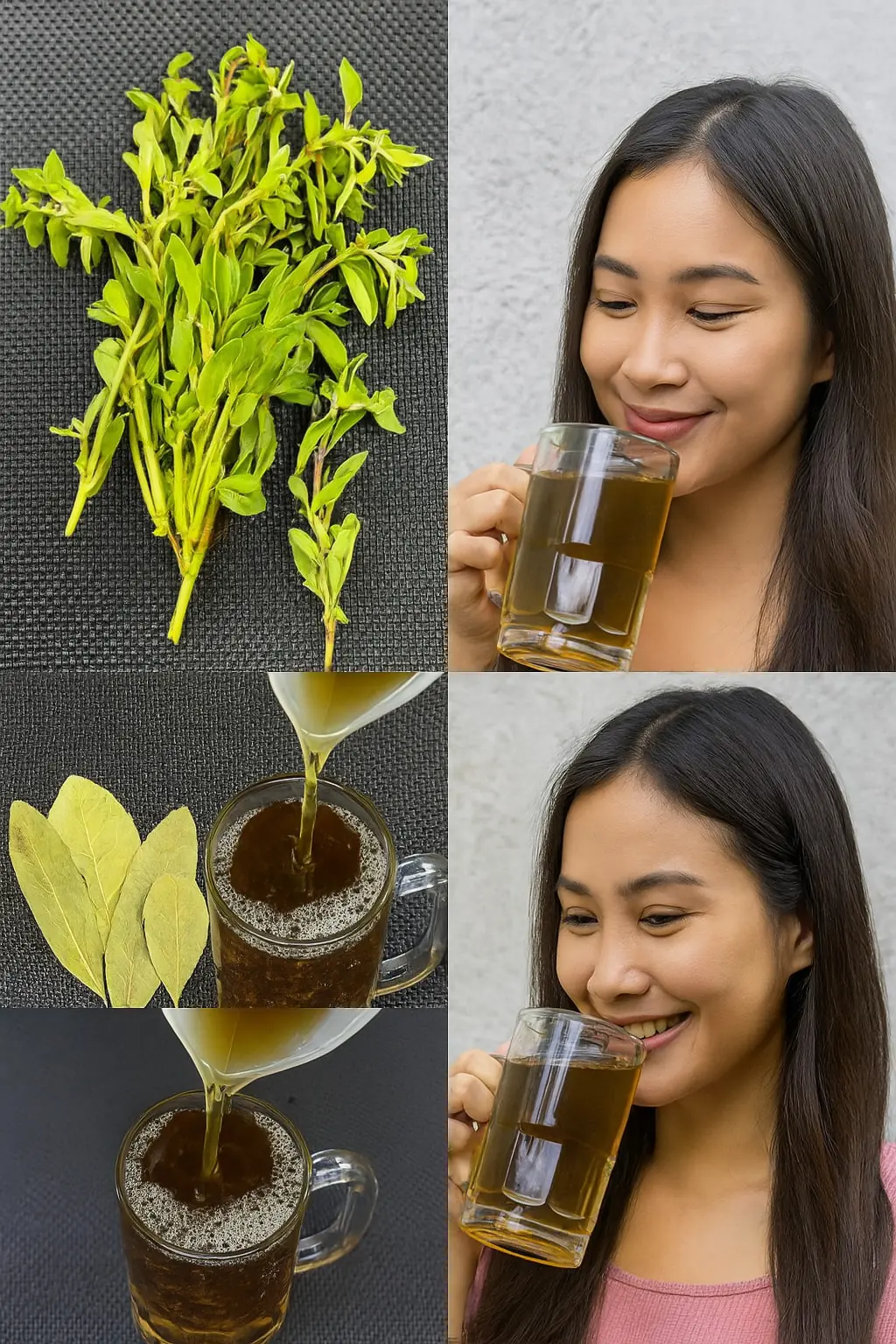
The Leaves That Heal: A Natural Remedy for Diabetes, Poor Circulation, High Blood Pressure, and Even Cancer – No Pills Needed

16 Benefits of Chayote Juice: Say Goodbye to Pills and Hello to Natural Healing
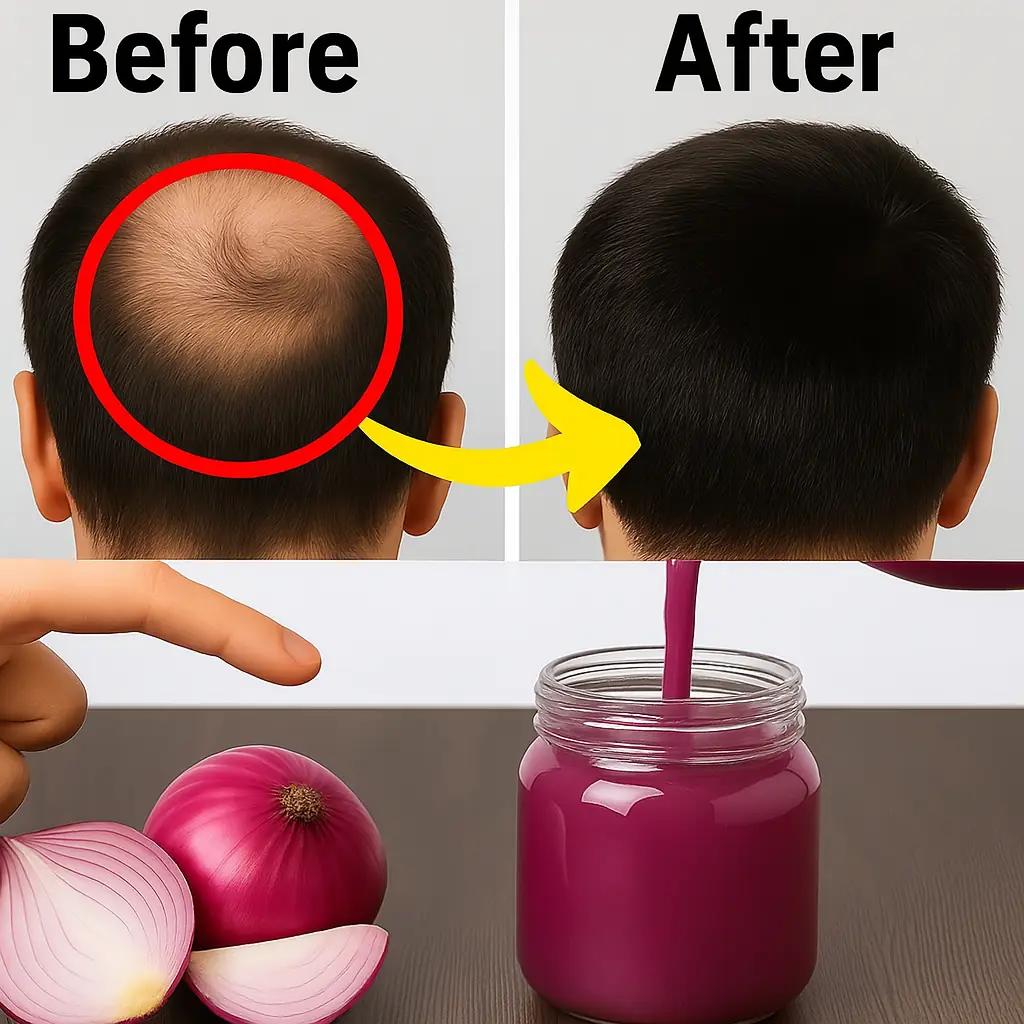
Red Onion for Hair Growth: A Natural Remedy for Thinning Hair

My boyfriend always ‘forgets’ his credit card when we eat out, so I have to foot the bill
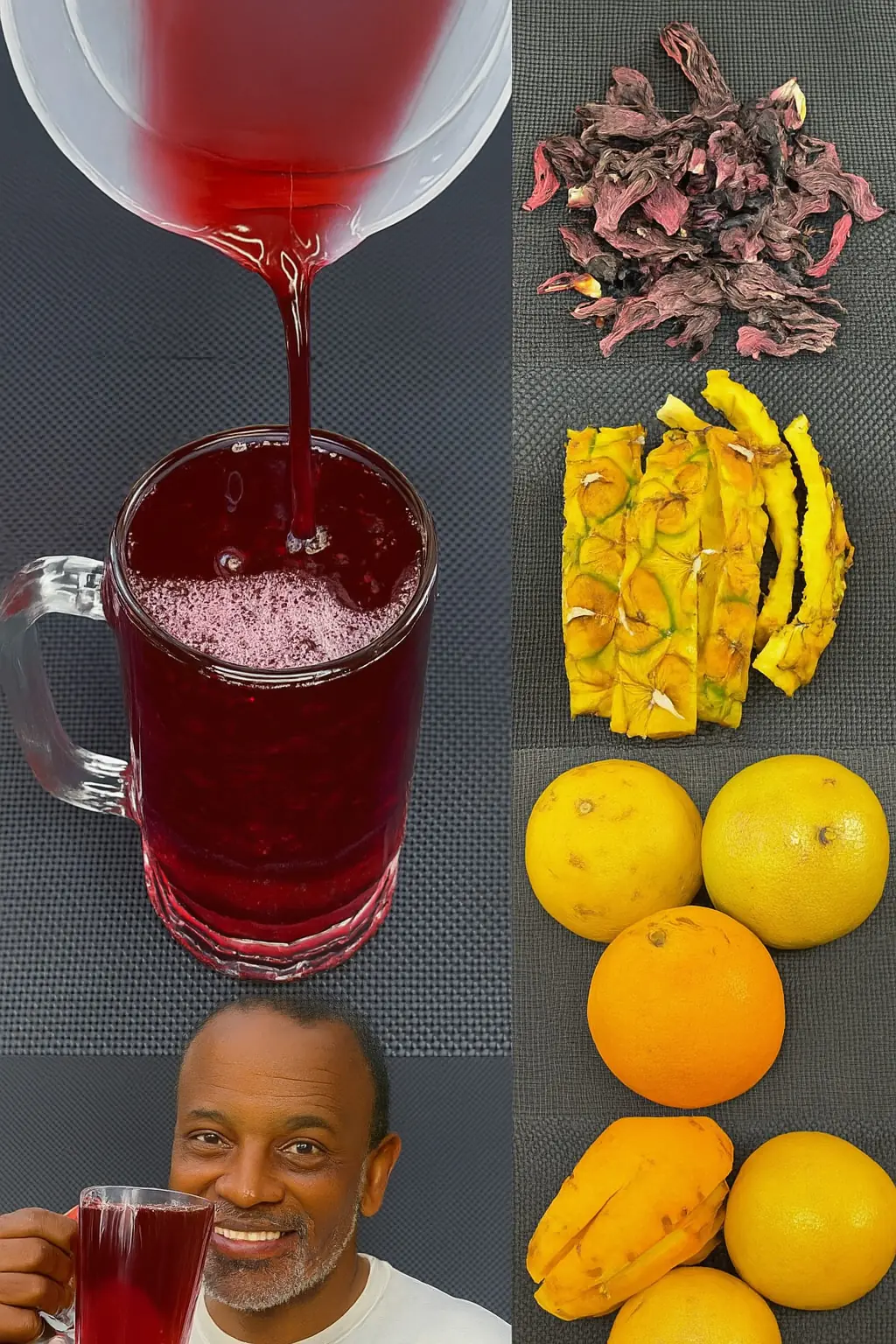
Natural Remedy to Eliminate Type 2 Diabetes, Cholesterol, Obesity, Poor Circulation, Arthritis, Fatty Liver, and More

Dr. Frank Suárez’s Natural Remedy to Prevent Diabetes, High Blood Pressure, Poor Circulation, and Even Cancer

The Astonishing Life Cycle of Bamboo: A Once-in-a-Lifetime Botanical Spectacle

Cleanse Your Intestines and Liver Naturally with Ginger, Lemon, and Carrot

Transform Your Hair with the Power of Cloves
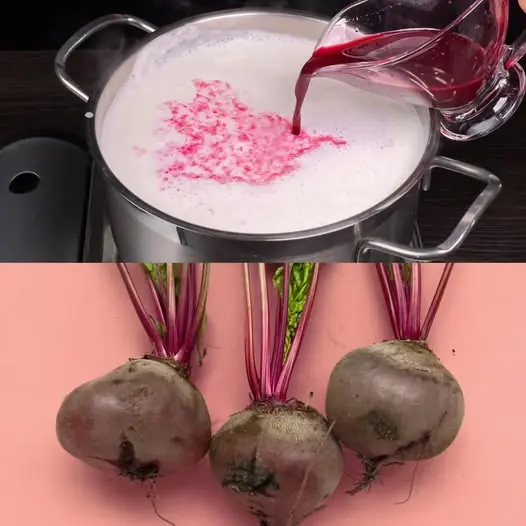
Uncover the Magic of Beet and Milk Soup: A Simple 3-Ingredient Recipe

Enhance Your Beauty Overnight with Castor Oil

Achieving a Brighter Smile Naturally with Cloves and Bay Leaves

🌿 THE NATURAL REMEDY DR. SUÁREZ RECOMMENDED
